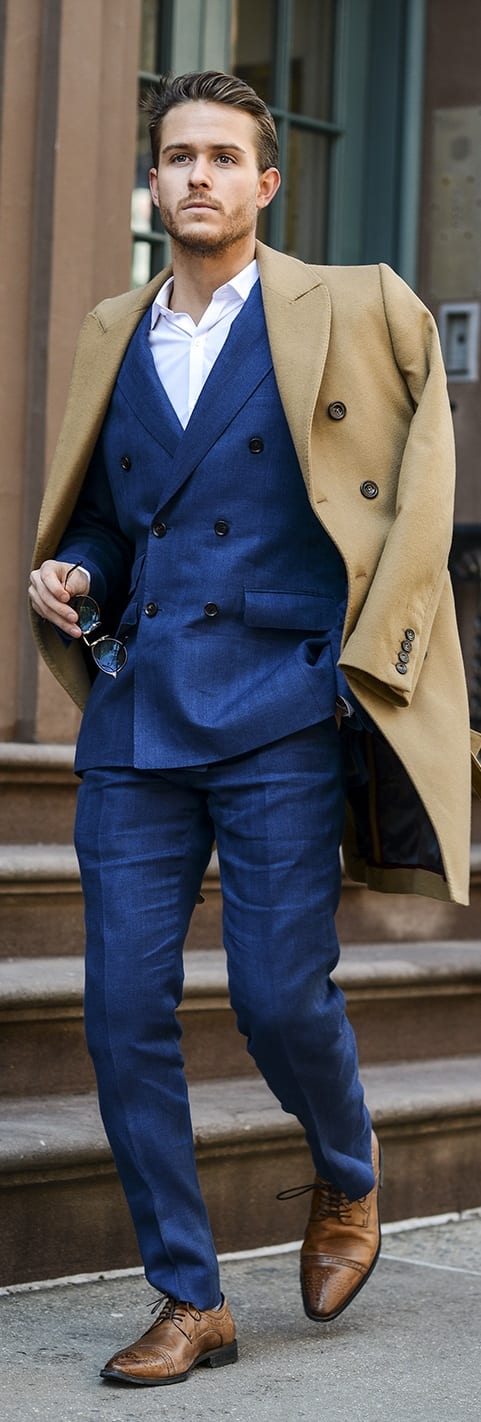In recent years, the concept of luxury has undergone a dramatic transformation. Once reserved for the elite, opulent experiences and products are now increasingly accessible, yet they remain a marker of status and taste. This evolution is not just in availability but also in how we perceive and define luxury.
The New Definition of Luxury
Luxury is no longer confined to high-end materials or extravagant possessions. Today’s luxury is defined by experiences, personalization, and sustainability. It’s about understanding the nuances of a fine wine, the rarity of a well-crafted watch, or the exquisite craftsmanship of a tailored suit. The focus has shifted from simply owning luxury items to experiencing the exceptional quality and unique narratives behind them.
Accessibility and Personalization
This shift is partly driven by technology, which has made luxury more accessible to a broader audience. Online platforms, such as luxury, offer curated collections that cater to highly personalized tastes, allowing consumers to explore and purchase unique items from the comfort of their homes. Such platforms also foster a direct connection between artisans and consumers, further enhancing the personalized nature of luxury experiences.
Sustainability: The New Benchmark
As awareness of environmental issues grows, sustainability has become crucial in the luxury industry. More brands are adopting sustainable practices, using eco-friendly materials, and ensuring ethical sourcing. This focus on sustainability does not detract from luxury but enhances it, adding a layer of responsibility and consciousness that resonates with the modern consumer.
In essence, the evolving landscape of luxury reflects broader societal shifts towards experiences, personalization, and sustainability. As these trends continue, the definition of luxury will undoubtedly adapt, continually reshaping what it means to live an opulent life.


